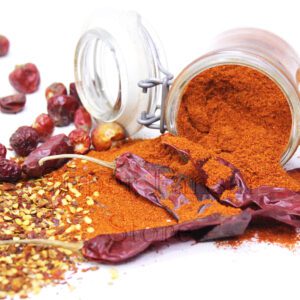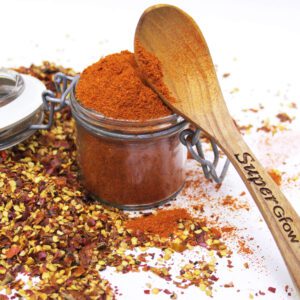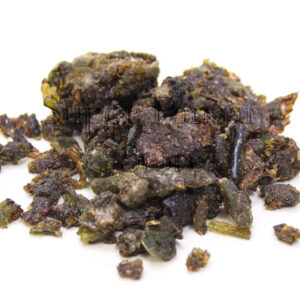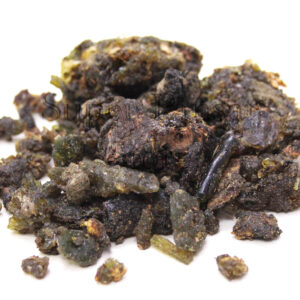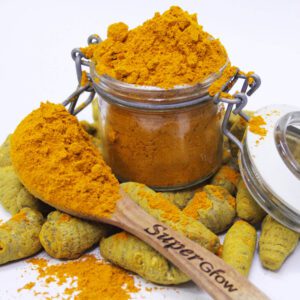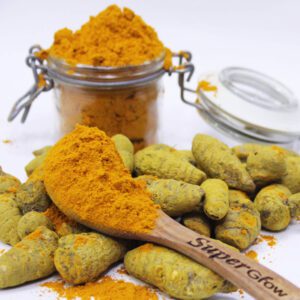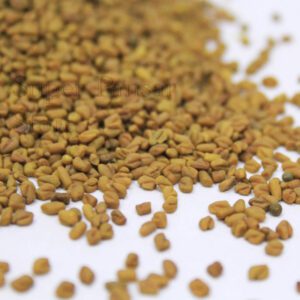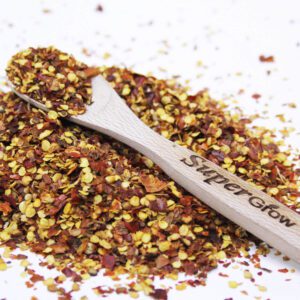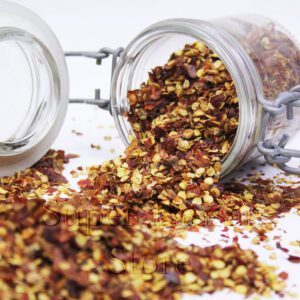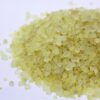No products in the cart.
View wishlist“Guggulu Gum (Gugal/Commiphora Wightii) گوگل” has been added to your wishlist
₨ 1,000 – ₨ 38,050
SKU:
N/A
Categories: Gums, Premium Herbs
Tags: Balm of Gilead, benefits, Description, Dipterocarpaceae, Health Benefits, herbs, herbs wholesale, in urdu, Mastagi, Mastagi Romi, mastic Gum, medicinal herb, Natural Herbs, niece meaning in urdu, Online Shop, Wholesale Prices, الصمغ, مصطگی رومی, मस्त गम
Mastic gum (Pistacia lentiscus) is a resin native to the Mediterranean region obtained from the mastic tree. Also known as tears of Chios, mastic gum is produced in “tears” or droplets traditionally on the island of Chios, Greece.
Historically used to freshen breath, its pine-like flavor was also used as flavoring. The word mastic originates from the Greek word mastichein, meaning to gnash the teeth. Hippocrates was the first to document the use of mastic gum for digestive problems, treatment for colds, and of course, freshening the breath.
Mastic gum may offer many healing properties. It can be taken in capsule form, tincture, powder, oil, or chewed like gum.
Here are some health benefits of mastic gum: Side Effects and Risks of Mastic Gum: No significant side effects have been observed with the use of mastic gum. Some users have reported constipation, diarrhea, nausea, headache, and dizziness; However, mastic gum is generally well tolerated.
Since supplements do not get regulated by the FDA, be sure to buy mastic gum from a source that you trust.
Do not take mastic gum if you are pregnant or breastfeeding.
Additional information
| Form | Whole (ثابت), Grounded (کٹی ہوئی), Powder (پسا ہوا) |
|---|---|
| Weight | 10 Grams, 25 Grams, 50 Grams, 250 Grams, 500 Grams |




